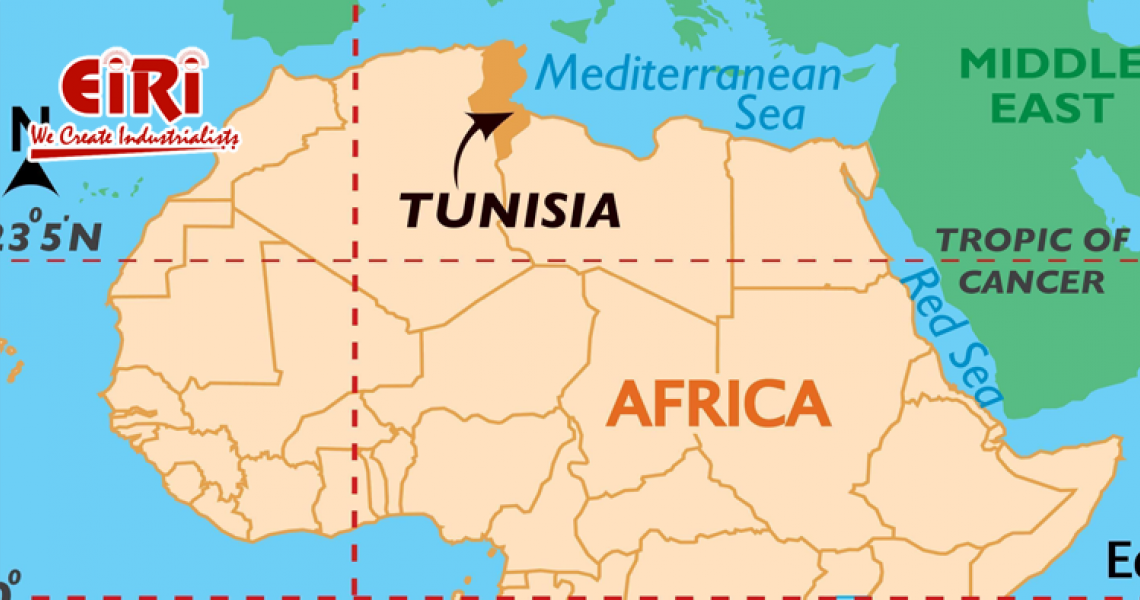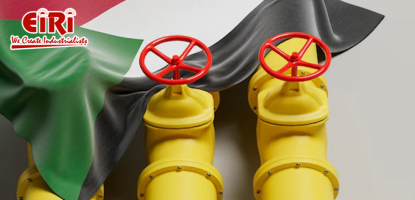Tunisia : Investing in Manufacturing - Opportunities and Challenges

Tunisia is a country located in North Africa, known for its rich cultural heritage, beautiful landscapes, and growing economy. The country is also known for its strong manufacturing sector, making it an attractive destination for investors looking to invest in the manufacturing industry. The manufacturing sector in Tunisia is diverse, and there are a number of opportunities for businesses to explore.
One of the main industries in Tunisia is the petroleum industry. The country has a well-developed energy sector, with a large number of oil and natural gas reserves. This provides the raw materials needed to produce a wide range of products such as fuels, lubricants, and petrochemicals. Additionally, the country has a number of refineries and chemical processing plants, providing the infrastructure needed for this type of manufacturing.
Another important industry in Tunisia is the mining industry, particularly the production of phosphate and iron ore. The country has a rich mineral resource base, and is a major producer of phosphates, which is used in fertilizers and other industrial products. Additionally, the country has a number of iron ore mines, providing raw materials for the steel industry.
The manufacturing sector in Tunisia also presents opportunities in the production of textiles and clothing. The country has a long history of textile production, and has established a reputation for producing high-quality products. Additionally, the country has a number of free trade agreements in place, which provide access to a number of markets around the world.
Another area of opportunity for manufacturing in Tunisia is in the production of agribusiness and food & beverages. Tunisia has a well-developed agricultural sector, providing access to a wide range of raw materials such as olives, fruits, and vegetables. The country is also known for its olive oil production and is one of the largest exporters of olive oil in the world. Additionally, the country has a number of processing plants and packaging facilities, making it well-suited for the production and processing of food and beverages.
The manufacturing sector in Tunisia also presents opportunities in the production of footwear. The country has a well-developed leather industry, which provides raw materials for the production of footwear. Additionally, the country has a number of footwear manufacturers, providing the infrastructure needed for this type of manufacturing.
The manufacturing sector in Tunisia also presents opportunities in the production of beverages. The country has a well-developed beverage industry, which provides raw materials for the production of beverages. Additionally, the country has a number of beverage manufacturers, providing the infrastructure needed for this type of manufacturing.
However, investing in manufacturing in Tunisia can also present some challenges. The country has a small domestic market, limited access to financing, and a small labor force, which can make it difficult to scale up operations. Additionally, the country has a high cost of living, which can make it difficult to attract and retain skilled labor.
Despite these challenges, there are a number of initiatives underway to support the growth of manufacturing in Tunisia. The government of Tunisia has established a number of policies and programs to support the development of the manufacturing sector, including tax incentives, grants, and subsidies. Additionally, the government has invested in infrastructure development, including the construction of industrial parks and special economic zones.
In addition, Tunisia has a well-developed transportation and logistics infrastructure, making it easy to move goods in and out of the country. The country has a number of modern airports and seaports, as well as an extensive network of roads and railways. This makes Tunisia an ideal location for manufacturers looking to export their products to other countries in Africa and beyond.
In terms of future growth, the Tunisian manufacturing industry is expected to continue its expansion in the coming years. The government has set ambitious targets for the sector, and is investing in various initiatives to support its growth. Additionally, the country's rich natural resources, strategic location and growing consumer market are expected to attract more investment in the manufacturing sector in the future.
In summary, investing in the manufacturing sector in Tunisia can be a rewarding opportunity for those who are willing to take the risk. With the right strategies and support, manufacturers can successfully establish and grow their operations in Tunisia, while also contributing to the country's economic growth and development. The country is already well known for its petroleum, mining, textiles, footwear, agribusiness, beverage and Olive oil. However, it also presents a number of challenges such as small domestic market, limited access to financing, and a small labor force. Despite these challenges, with the right strategies and partnerships, a manufacturing business in Tunisia can still be successful and have a positive impact on the local economy and communities.






